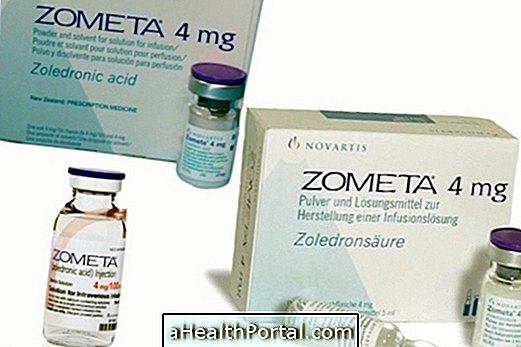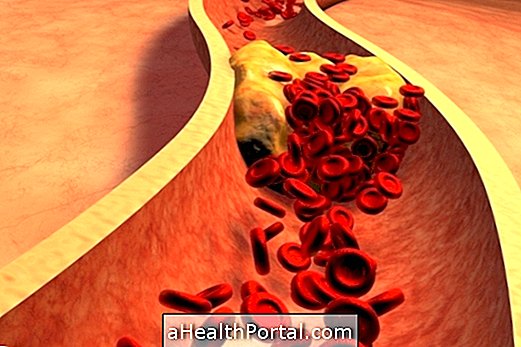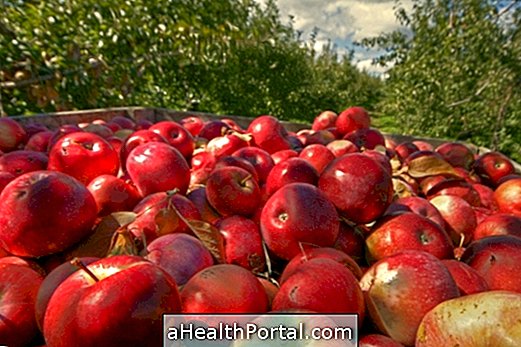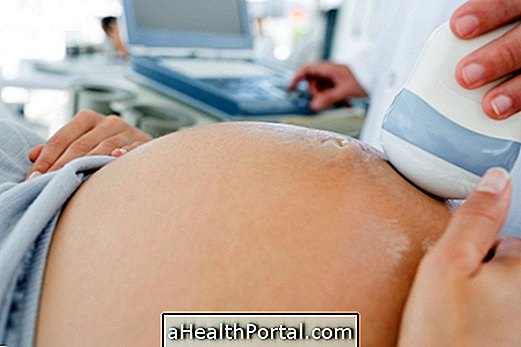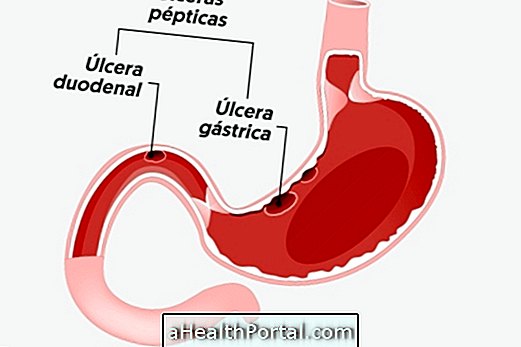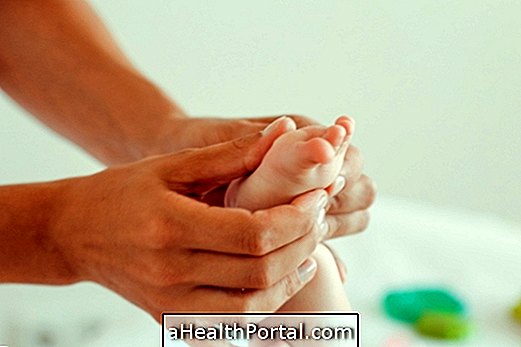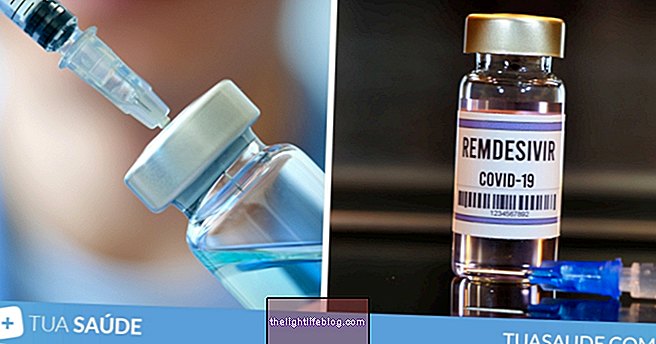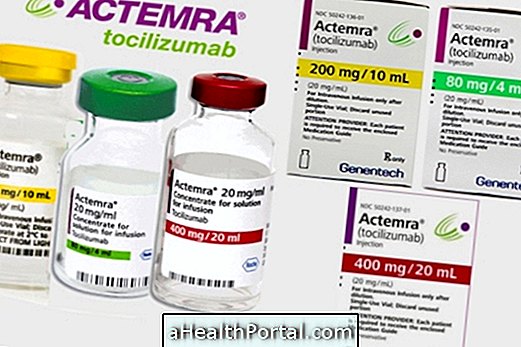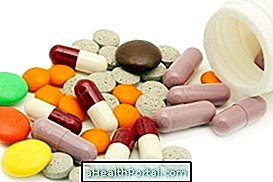Iodine supplementation in pregnancy is important to prevent miscarriage or problems in the development of the baby as mental retardation. Iodine is a nutrient present, especially in seaweed and fish, important in pregnancy to ensure the health of the baby, especially in the formation of hormones.
The recommended amount of iodine in pregnancy is 200-250 mcg per day, equivalent to 1 serving of salmon, 1 cup of milk, 1 egg and 2 slices of cheese, which is usually easily woman. In Brazil, iodine deficiency is very rare because salt is usually enriched with iodine, making it easier to reach the basic recommendations.

Iodine supplement in pregnancy
Iodine supplementation in pregnancy may be necessary when values are low and in this case 150 to 200 mcg of potassium iodide are usually taken daily. In addition, WHO has indicated that every woman trying to get pregnant or who is already pregnant should take an iodine supplement to protect the baby.
Supplementation has to be prescribed by the doctor or nutritionist and can be started prior to conception and be necessary throughout pregnancy and as long as the baby's feeding is exclusively breast milk.
Foods rich in iodine are also indicated

Foods with iodine are primarily marine foods such as fish, seafood and shellfish.
Iodized salt is also one of the main ways to ingest iodine, but do not exceed the amount of one teaspoon per day. See more examples of Foods rich in iodine.
Ideal Iodine Values in Pregnancy
To check if the amount of iodine is adequate in pregnancy, a urine test is necessary and iodine must be between 150 and 249 mcg / L. If the result is:
- Less than 99 g / L, it means that it has iodine deficiency.
- Between 100 and 299 g / L are the appropriate iodine values.
- Greater than 300 g / L, there is excess iodine in the body.
Iodine changes in the mother's body may also be related to thyroid malfunction, even during pregnancy, and therefore, blood tests are usually done to check the functioning of thyroid hormones. For example, iodine deficiency is one of the major causes of hypothyroidism, which corresponds to slow thyroid function. To learn more about hypothyroidism in pregnancy see: Hypothyroidism in pregnancy.







